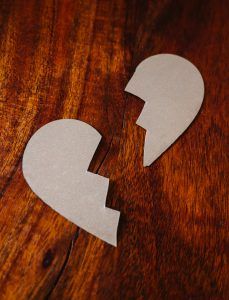Mayo Clinic describes narcissistic personality disorder (NPD) as “a mental condition in which people have an inflated sense of their own importance, a deep need for excessive attention and admiration, troubled relationships, and a lack of empathy for others.”
True narcissists:
- Appear self-absorbed, arrogant, snobby, controlling, selfish, and insensitive
- Expect special favors and have a strong sense of entitlement
- Frequently manipulate and take advantage of others
- Try to have the best of everything (e.g., cars, homes, dining experiences, clothing, partners, fame, etc.)
- Are secretly envious of others and expect people to be envious of them
- Beneath their superficial bravado, actually have very fragile self-esteem and struggle with shame, insecurity, and humiliation
- Are prone to flying into destructive anger and revenge (“narcissistic rage”) when they feel ridiculed or rejected
- Tend to have an increased risk of other problems including depression, anxiety, suicidal ideation, drug and alcohol misuse, and extreme occupational and interpersonal conflict
NPD is one of ten clinically recognized personality disorders described in the American Psychiatric Association’s Diagnostic and Statistical Manual of Mental Disorders (DSM-V), along with antisocial personality disorder, borderline personality disorder, obsessive compulsive personality disorder, and others.
Please notice the implication here: narcissism is an extremely rare, clinically recognizable mental health disorder, NOT a character flaw. Only licensed mental health professionals such as psychologists or psychiatrists can diagnose someone with NPD—so the claim that your partner/parent/in-law/coworker is a narcissist, absent any medical diagnosis, is almost certainly incorrect.
Yes, someone you know might exhibit narcissistic traits or tendencies, such as controlling or manipulative behavior (e.g., gaslighting), selfishness, or decreased empathy. And there’s no doubt that these traits can be incredibly painful and difficult to deal with. But this doesn’t necessarily mean this person you know is actually a narcissist, and in the same way that it’s offensive and hurtful to call someone a “schizo” or accuse them of being “OCD”, it’s equally offensive and hurtful to call someone a narcissist, simply because they exhibit some of the traits inherent to the genuine disorder.







